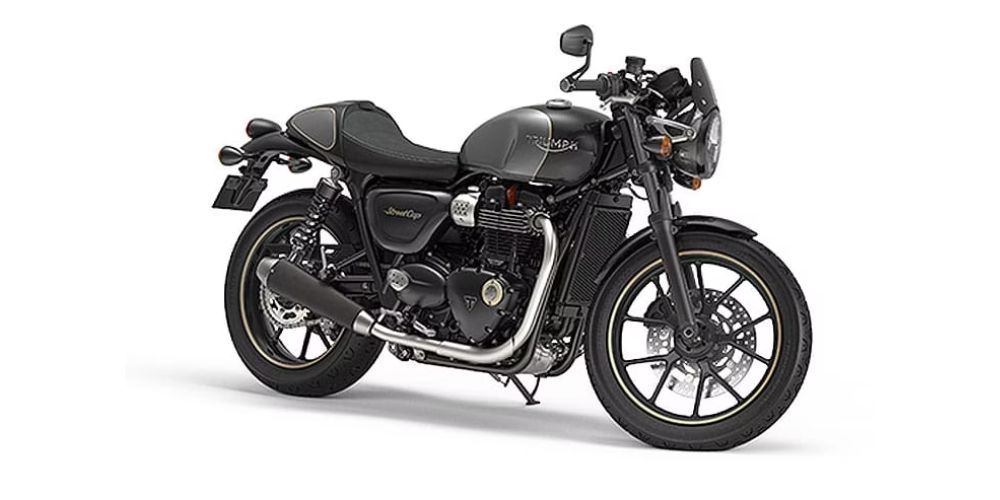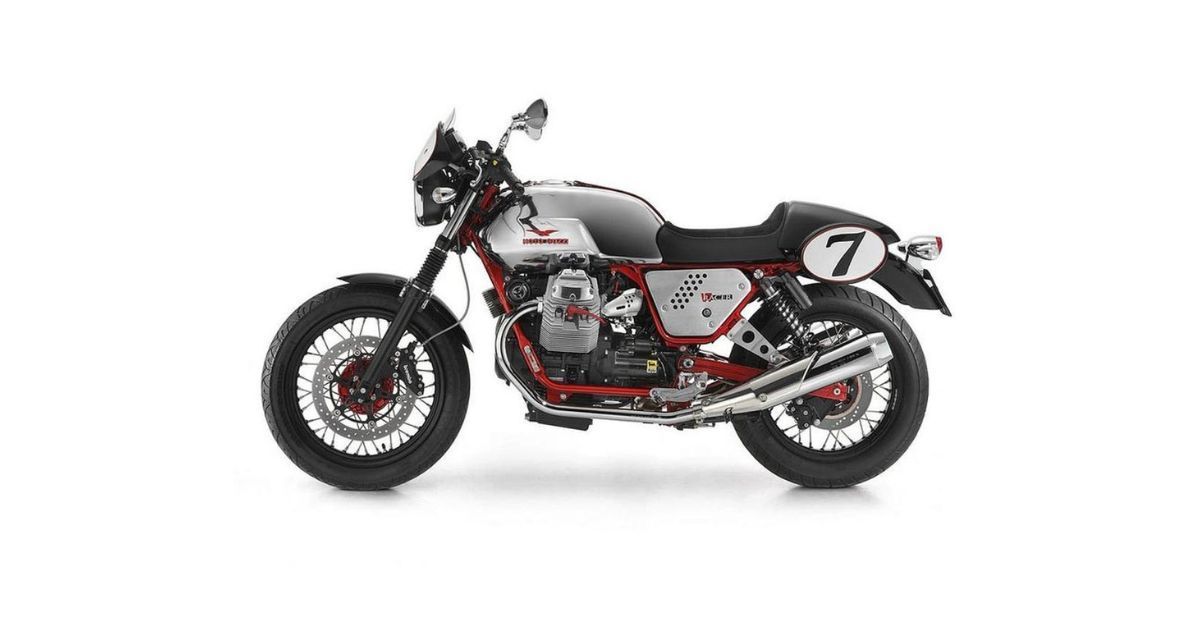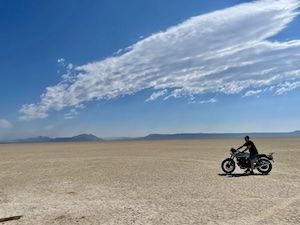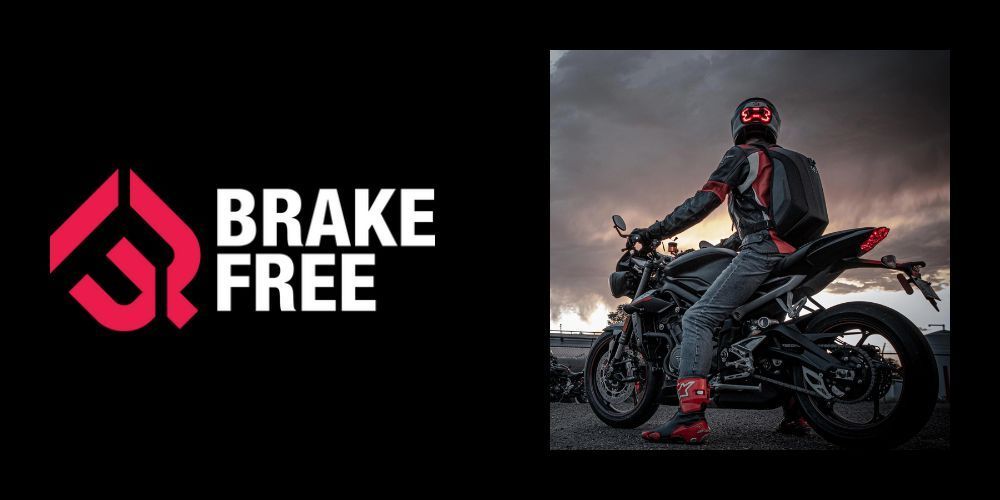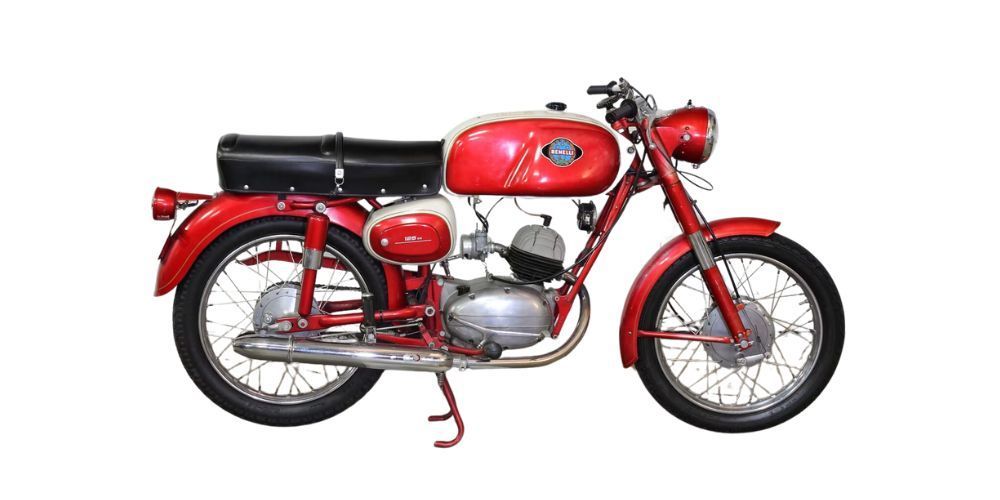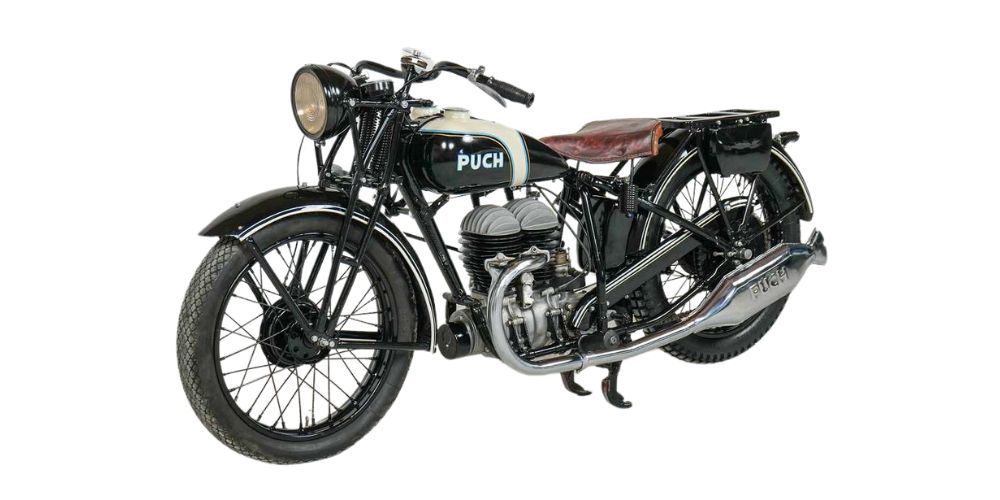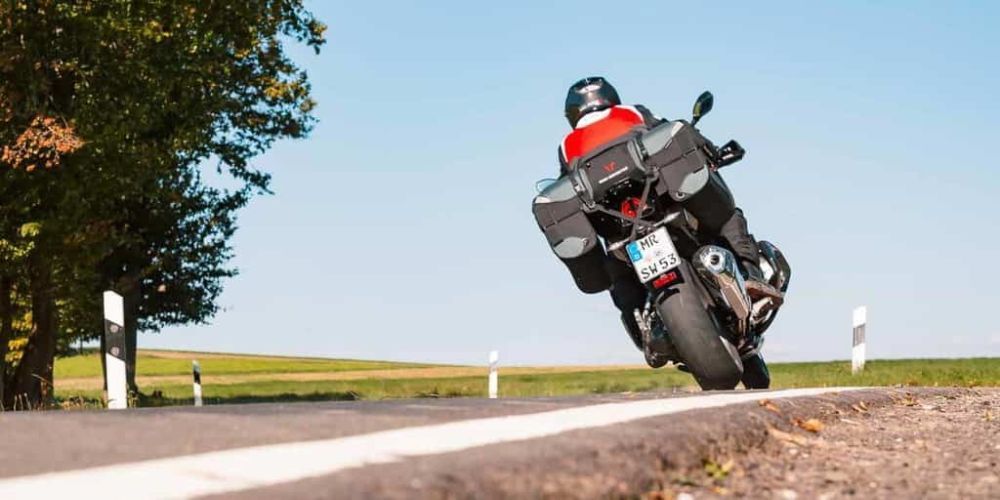25 Interesting Facts About Moto Guzzi
Top Speed Record Holder, Arctic Circle, a Museum, and More
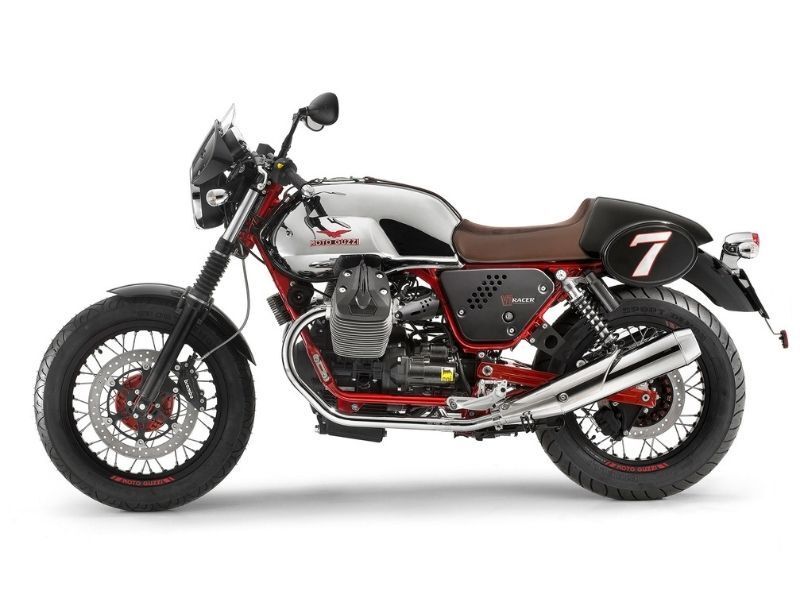
Since its inception, Moto Guzzi has been devoted to creating high-quality motorcycles that are both beautiful and functional. The company has produced several iconic motorcycles, including the V7, the Le Mans, the Norge, the Airone, and the California—and has a rich history in the motorcycle world.
If you've been looking to buy a Moto Guzzi, or just want to learn more about the brand, here are 25 facts about it that you might find interesting.
1. Moto Guzzi is the oldest European motorcycle manufacturer in continuous production
The origins of Moto Guzzi can be traced back to March 15, 1921. The company was called Società Anonima Moto Guzzi when it was set up in the office of the notary Paolo Cassanello.
Moto Guzzi's founders were Emanuele Vittorio Parodi, a prominent ship owner; his son Giorgio Parodi and Carlo Guzzi—Giorgio’s friend and fellow soldier in the Italian Air Force.
According to the company’s charter, its primary purpose was 'the manufacture of motorcycles and all other activities related to the engineering industry.' Despite going through several ownership changes throughout its history, it has managed to maintain continuous production since its founding.
2. It was founded by two World War I pilots and a mechanic—all avid motorcycle enthusiasts
During the First World War, Carlo Guzzi joined the Royal Navy as an engineer, where he became friends with pilots Giovanni Ravelli and Giorgio Parodi—both motorcycle enthusiasts. Together they dreamed up plans for building a new motorcycle once the war was over.
Guzzi would be the designer, Giovanni the racer, and Parodi would finance the project. Sadly, Giovanni Ravelli did not live to see the formation of their company.
3. The spread-winged eagle motif on Moto Guzzi's logo was chosen in memory of their comrade and friend
In 1919, before they could start their motorcycle company, Giovanni Ravelli died during a test flight.
In his memory, Carlo Guzzi and Giorgio Parodi introduced the familiar spread-winged eagle as part of the company logo—a coat of arms worn only by Naval Aviators on their jackets' sleeves before that time.
4. The First Guzzi Motorcycle Was Created in 1921
In 1921, Carlo Guzzi designed the first motorcycle to be produced by his company. The 'Normale' had an 8.5 hp at 3400 rpm and a top speed of 52mph. It also featured a 500cc four-stroke horizontal single engine with an overhead cam and bore & stroke of 82 X 88 mm.
5. The motorcycle factory is located in a town nicknamed “La Citta della Moto Guzzi”
Moto Guzzi's motorcycle factory is located in Mandello del Lario, Italy. As a small town on the shore of Lake Como, its residents have so embraced the company that they've officially named it, “La Citta della Moto Guzzi”—the city of Moto Guzzis.
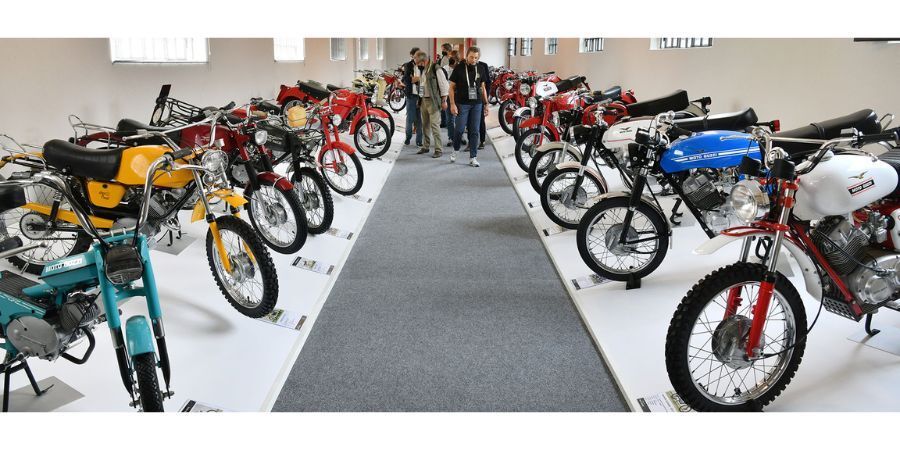
6. All Moto Guzzi motorcycles are assembled by hand
Behind every single Moto Guzzi motorcycle, there is an army of people committed to making sure that each one is built to the highest possible standards of quality.
That is why for over 100 years, every Moto Guzzi bike has been assembled by hand in the factory located in Mandello del Lario—because genuine craftsmanship and attention to detail never go out of style.
7. Moto Guzzi has its own museum in Mandello Del Lario, Italy
Moto Guzzi Museum is located in the town of Mandello del Lario, Lake Como, where Moto Guzzi was founded in 1921. It showcases all aspects of the company's history and culture—including a collection of more than 150 production motorcycles, prototypes, sport bikes, and experimental engines.
The exhibition area hosts a collection of more than 80 vehicles, telling the story of how Mandello's eagle came to be and offering insight into the country's social and economic development.
8. A Moto Guzzi was the first motorcycle to reach the Arctic Circle
One of the most famous journeys in motorcycling history was made by Guzzi's brother Giuseppe in 1928.
Unaware of the motorcycle culture that would arise from his journey, Naco—as he was nicknamed by friends and acquaintances—set out on a Moto Guzzi Norge for 28 days to explore Cape Nord.
The motorcycle journey to the Arctic Circle became a legendary pilgrimage for thousands of motorcyclists who follow in his tire tracks every year.
9. In 1934, Moto Guzzi became Italy's largest motorcycle manufacturer
With continuous success since its first motorcycle in 1921, motorsport victories, innovative models, and increasing production, Moto Guzzi had become the largest motorcycle manufacturer in Italy by 1934.
This impressive achievement was a testament to the brand's commitment to excellence and its ability to adapt to the changing needs and preferences of riders.
10. 78 years later, the Mandello-North Cape Raid was held in honor of Giuseppe Guzzi’s bold journey
On 24th July 2006, 14 Moto Guzzi Norge 1200 GT motorbikes set off on a journey from Italy to Norway’s North Cape that would take six days and almost 5,000 kilometers.
A group of journalists from six countries; Spain, France, Germany, Britain, America, and Italy rode the Italian tourer motorcycles—retracing the 1928 journey undertaken by Giuseppe Guzzi when he rode his Norge G.T. 500 to Norway's Arctic Circle.
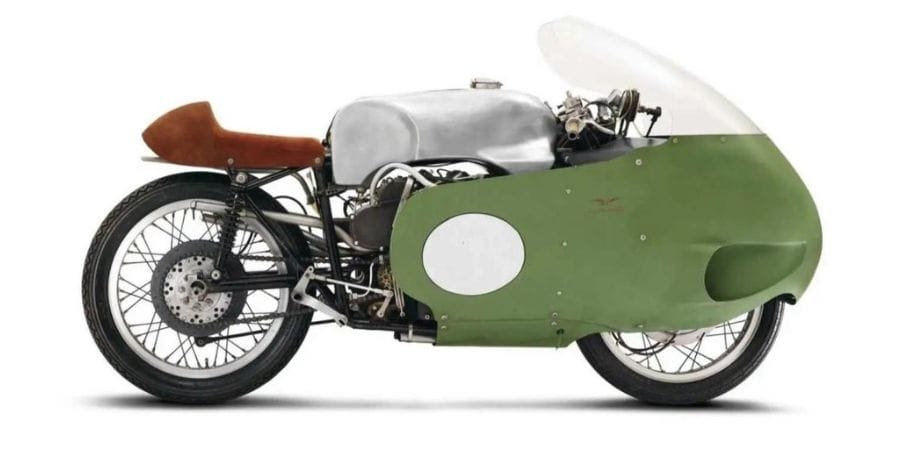
11. One of the Fastest Bikes Ever Was a V8 Moto Guzzi
It was after World War II that the Moto Guzzi Otto Cilindri came into being: a four-stroke, 499cc V8 with dual overhead cams.
The bike's fairings were designed to provide a streamlined aerodynamic profile, extending back to the foot pegs.
With an astounding 80 HP at 12,000 RPM and its six-speed transmission, the bike that raced from 1955 to 1957 held the record for top speed for over 20 years at 171mph. However, it never won a single Grand Prix, as it required further development.
12. Carlo Guzzi and Giuseppe Guzzi introduced the first wind tunnel in the world for testing motorcycle aerodynamics
Carlo Guzzi and his older brother, Giuseppe designed the first conceptual plans for a wind tunnel in 1950 based on an Eiffel-style layout. Naco who had a Civil Engineering degree had worked on multiple engineering projects with Carlo at Moto Guzzi's factories.
The project's completion in 1954 marked the world's first wind tunnel designed specifically for motorcycles.
Designed to test the aerodynamic qualities of motorcycles, the high-speed tunnel allowed Moto Guzzi to test its bikes at their maximum mechanically possible speeds. The information gathered during these sessions also allowed the company to design more efficient machines.
13. Moto Guzzi launched the first-ever high-wheel scooter—the Galletto
The Galleto, designed by Carlo Guzzi and unveiled at the 1950 Geneva Motor Show, was an innovative model that met with great success.
This three-wheeler design was way ahead of its time, anticipating the modern large-wheel scooter by over fifty years. It offered a combination of comfort and weather protection while retaining motorcycle-like handling.
Sold at the right time to meet a need for more comfortable and performance-oriented bikes, the Galletto model appealed to many riders. In its 15 years of production, it sold over 70 000 units worldwide.
14. The Discovery Channel listed the Moto Guzzi Otto among history's ten greatest motorbikes
The Moto Guzzi Otto is a highly regarded motorcycle that has been recognized by the Discovery Channel as one of history's ten greatest motorbikes.
This recognition is a testament to the innovative design and exceptional performance of the Otto, which made it an icon among motorcycle enthusiasts ever since its debut at the Belgian Grand Prix.
15. Moto Guzzi invented the first motorcycle center-stand
Moto Guzzi was the first manufacturer to equip its motorcycles with center stands, which helped stabilize bikes and allowed them to park in smaller spaces.
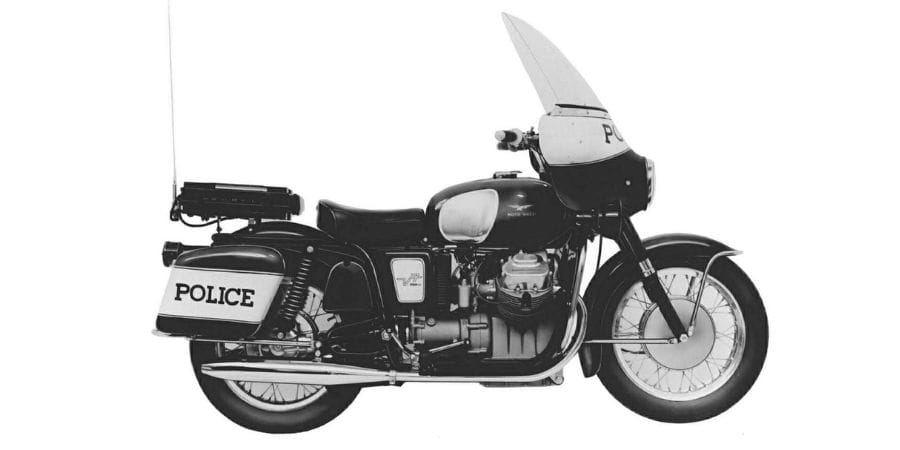
16. Moto Guzzi was a successful racing marque up until 1957
When Moto Guzzi withdrew from racing in 1957, it had amassed 3,329 race wins, 14 world titles, and 11 Tourist Trophy victories. The company cited rising costs and falling motorcycle sales as the reason behind its decision to stop competing in motorsport events altogether.
17. The Los Angeles Police Department once used Moto Guzzis as part of its motorcycle fleet
US Moto Guzzi importers Joe and Mike Berliner came up with the idea to supply the bikes to the Los Angeles Police Department.
Their plan proved successful when they managed to supply ten Moto Guzzi V7 Police motorcycles to the Los Angeles police fleet of more than four hundred bikes in 1969—which quickly caught on with their younger officers due to their design, speed, and agility.
This also led to other US police corps placing orders—like the California Highway Patrol and more interest among Yankee bikers.
18.Moto Guzzi was absorbed into Piaggio & C S.p.A., one of Europe's largest motorcycle manufacturers
Moto Guzzi has been a part of the Piaggio family since 2004. As one of seven brands owned by Europe's largest motorcycle manufacturer, Moto Guzzi has been able to thrive and continue producing high-quality motorcycles. Piaggio's impressive global sales rank it among the top 10 largest motorcycle manufacturers in the world.
19. Moto Guzzi motorcycles are popular with police departments around the world
Moto Guzzi motorcycles are highly regarded by police departments around the world. Their reliability, durability, and performance make them well-suited to the demanding environments and tasks faced by law enforcement.
As a result, Moto Guzzi bikes are used by police departments in many countries across Europe, the Middle East, and Asia. Their distinctive style and aesthetic appeal have also made them a popular choice among police officers.
20. Moto Guzzi’s loyal and enthusiastic following—The Clan—numbers over 25,000 worldwide
Guzzi owners' associations around the world have an incredibly loyal following. These clubs provide a sense of community for Guzzi enthusiasts and often organize events and gatherings where members can come together and share their love for the brand.
Worldwide, there are over 25,000 members of Moto Guzzi clubs, with the largest concentration of clubs located in the United States. The 52 Moto Guzzi clubs in the US alone provide ample opportunities for fans of the brand to connect and engage with one another.
Overall, the strong following of Guzzi owners' associations is a testament to the loyal and passionate community that surrounds the brand.
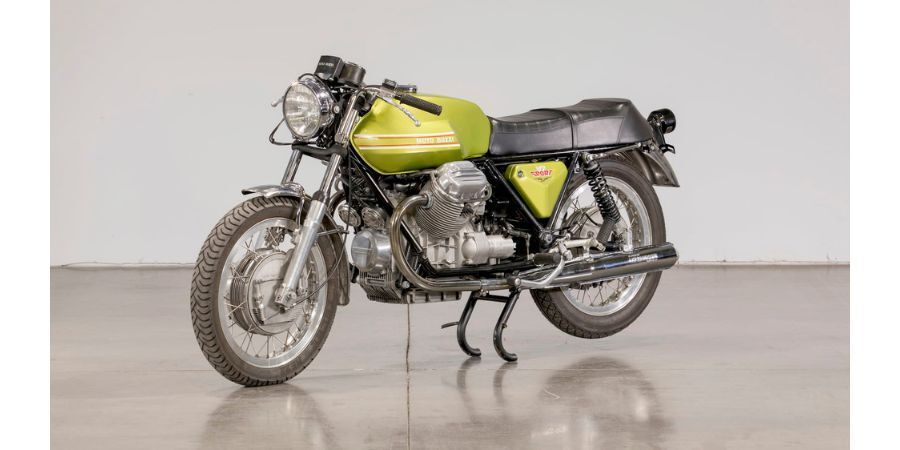
21. There are more than 70 websites devoted exclusively to Moto Guzzi around the world
Moto Guzzi has a dedicated and passionate fan base, with over 70 websites dedicated to the brand scattered across the globe. These websites range from forums and discussion boards where fans can share their experiences and knowledge about the brand, to news and information hubs that keep enthusiasts up to date with the latest developments from Moto Guzzi.
For many Moto Guzzi fans, these online communities provide a sense of belonging and connection to like-minded individuals who share a passion for the brand.
22. More than 70 percent of trade-ins on purchases of the V85 TT are from non-Moto Guzzi owners
In a report by the LA Times, many people who own non-Moto Guzzi machines including BMWs and Triumphs are trading them in for a V85 TT. The company even had to increase its workforce and included overtime to help meet surging demand.
23. Over 10,000 bikes are produced by Moto Guzzi each year
Moto Guzzi employs nearly 300 workers and produces more than 10,000 bikes annually, with a focus on keeping the brand alive and relevant.
The V7 Sport has always been a key player in this effort, but it is also one of the most important and influential motorcycles to ever be produced by Moto Guzzi.
24. The V7 Sport is considered by many to be one of the most beautiful bikes ever built
The Moto Guzzi V7 Sport is arguably the most important motorcycle ever produced by this Italian marque. It has been widely praised for both its performance and distinctive style, which many experts regard as marking a turning point in the company's history.
Also, known as the original cafe racer, the V7 Sport laid the groundwork for Moto Guzzi's most popular models: Le Mans and later, the current range of V7 bikes.
25. There's a monument for Carlo Guzzi in Italy
In 2011, the town council in Mandello and an association of Guzzi enthusiasts (known as "Amici Guzzisti") dedicated a monument to Carlo Guzzi in Piazza Leonardo da Vinci.
Sculptor and biker Ettore Gambioli and architect Paolo Gambelli created it, paying homage to this inventor's heritage with their work.
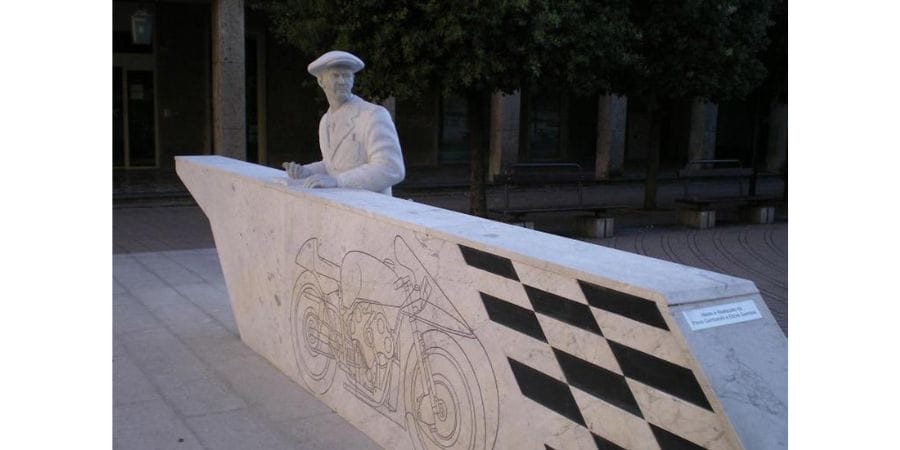
Written by guest blogger Naliali Taka.
About the Author
William Flaiz, passionate about European motorcycle brands, shares his expertise and stories on RunMotorun.com. He offers detailed insights and reviews, aiming to educate both seasoned enthusiasts and newcomers. Flaiz combines personal experience with thorough research, welcoming visitors to explore the rich world of European motorcycles alongside him.

